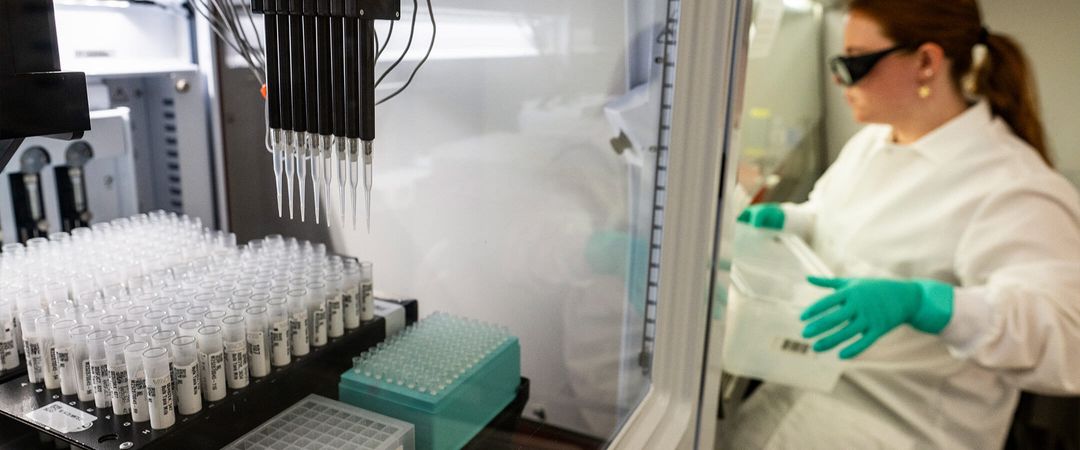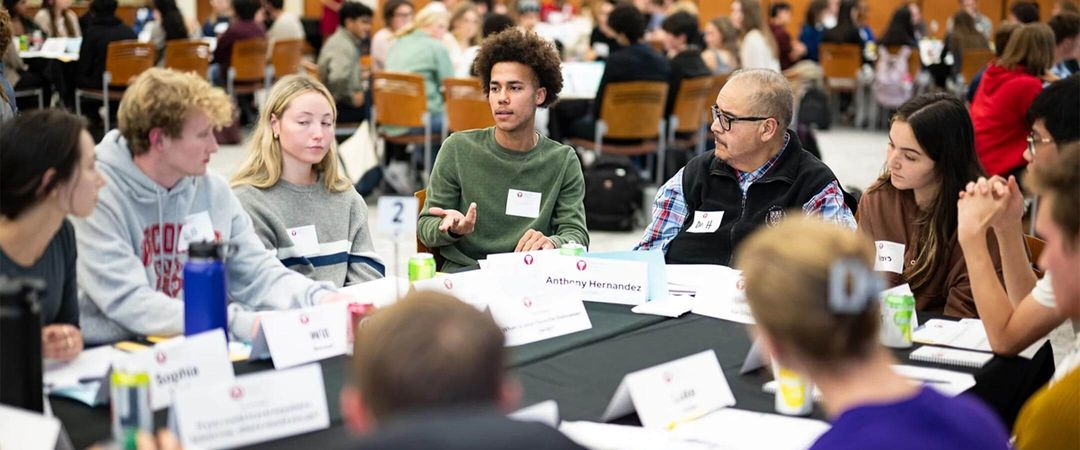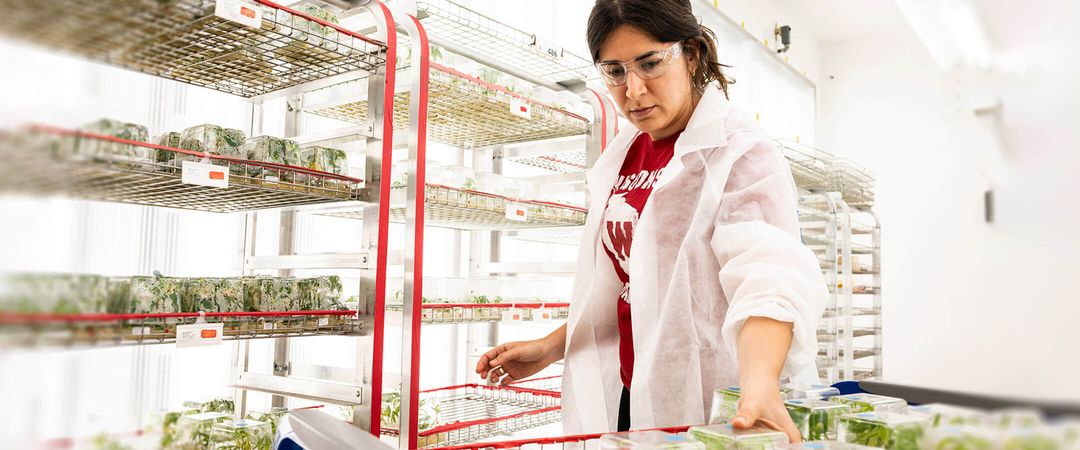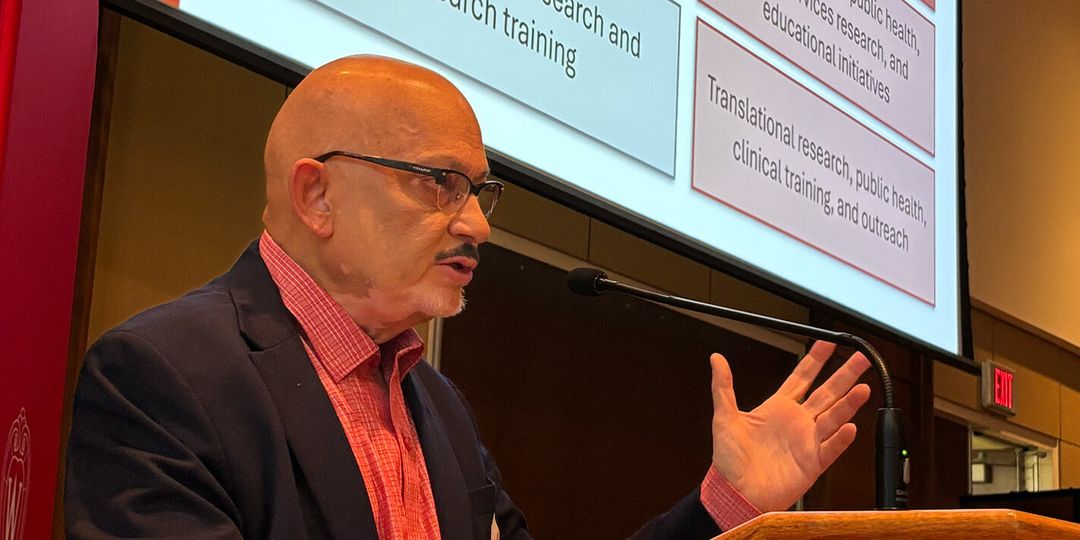From groundbreaking cancer therapies to real-time disease detection, UW and UW-related start-ups born from federally funded research are transforming ideas into impact. Backed by the Wisconsin Alumni Research Foundation (WARF) and national initiatives, these 400+ companies contribute $30.8 billion to Wisconsin’s economy, generate $1 billion in state and local taxes per year, and support more than 232,000 jobs, according Vice Chancellor for Research Dorota Grejner-Brzezinska.
For 100 years, WARF has fueled innovation and research at UW–Madison by using revenue from university-generated patents (many of which originate from federally funded research) and reinvesting them to support faculty, infrastructure, and future inventors. They’ve expanded this impact through WARF Ventures, which “provides seed and growth funding to early-stage start-ups that are commercializing University of Wisconsin–Madison technologies.”
One of WARF’s most successful ventures is Leo Cancer Care, a medical device company cofounded by Thomas “Rock” Mackie, a UW–Madison professor emeritus of medical physics and human oncology. Mackie previously pioneered tomotherapy, a revolutionary cancer treatment developed at the UW and still in use at UW Health today. Leo Cancer Care built on UW research in medical physics and veterinary medicine to develop upright radiation therapy, which is more patient friendly and potentially more effective than traditional radiation therapy. The company has attracted major venture capital investment and established international partnerships, all while keeping its research and development deeply rooted in Wisconsin.
Another example is AIQ Solutions, a Madison-based health tech company, using AI-driven imaging software to help doctors monitor how metastatic cancer patients respond to treatment. Founded in 2015 by a team including UW Health oncologist Glenn Liu and UW–Madison medical physics professor Robert Jeraj, the company draws on technology that was built on 15 years of university research. AIQ holds three patents through WARF, with three more pending, and has received $2.7 million in SBIR grants from the National Cancer Institute, along with more than $500,000 in support from the Wisconsin Economic Development Corporation (WEDC).
Isomark Health, another WARF-supported start-up, is pioneering noninvasive breath-based diagnostics. The company’s core technology, originally developed at the UW, collects animal breath samples to detect bacterial and viral infections in real time. Cofounded by the late Mark Cook, a prolific professor in the College of Agricultural and Life Sciences (CALS), and Fariba Assadi-Porter ’87, PhD’94, who now serves as CEO, Isomark continues to advance UW research into tools with the potential to improve both animal and human health.
UW–Madison’s national research standing, combined with WARF’s legacy of supporting innovation, is helping to build statewide momentum for research-based entrepreneurship. In 2023, the Biden administration designated Wisconsin as one of 31 Regional Tech Hubs in the field of personalized medicine and biohealth technology. This designation included $49 million in grants and opened the door to compete for up to $75 million in additional federal funding aimed at accelerating research commercialization.
Supporting many of the beneficiaries of that funding is Forward BIOLABS, a coworking lab space in Madison founded by Jessica Martin-Eckerly MS’09, MBA’11. The facility provides early-stage biotech companies — many with UW roots — access to essential equipment and lab space, lowering the barriers to launching a capital-intensive field.
As Wisconsin continues to grow as a leader in research and innovation, the enduring partnership between UW–Madison, WARF, and the broader start-up ecosystem demonstrates how federally funded research can be transformed into real world impact.
Photo by Althea Dotzour, University of Wisconsin–Madison.









